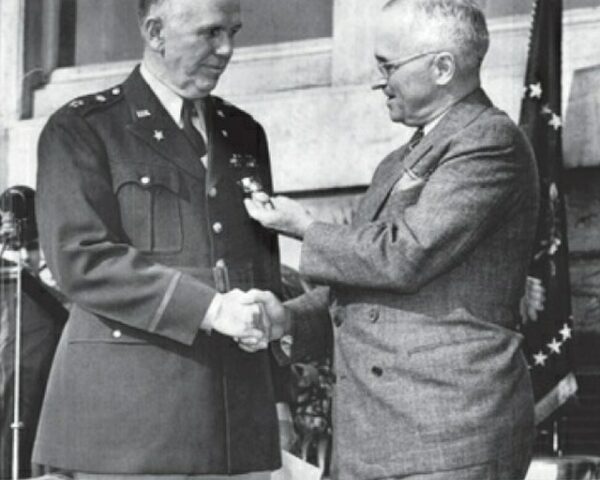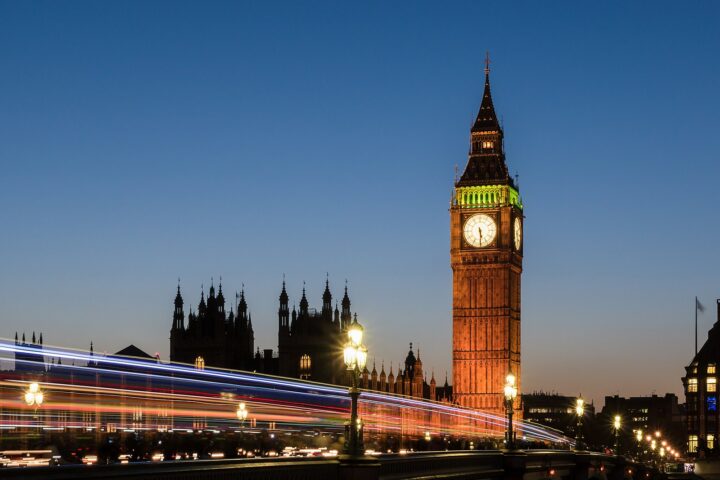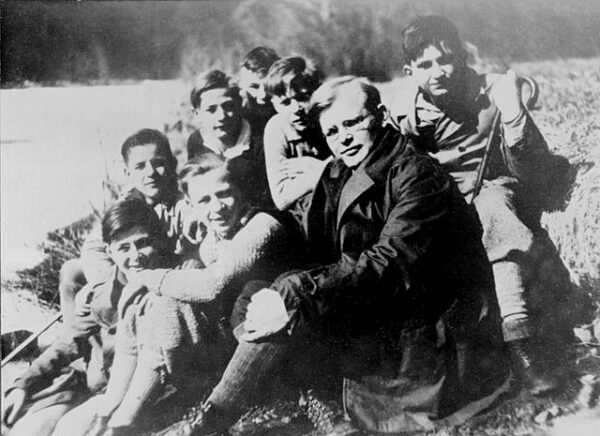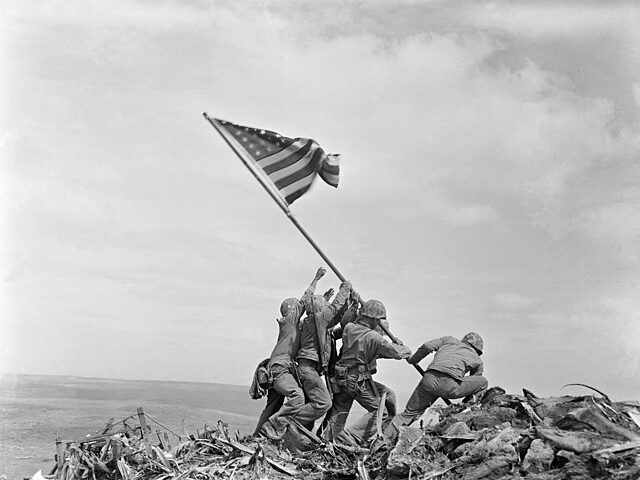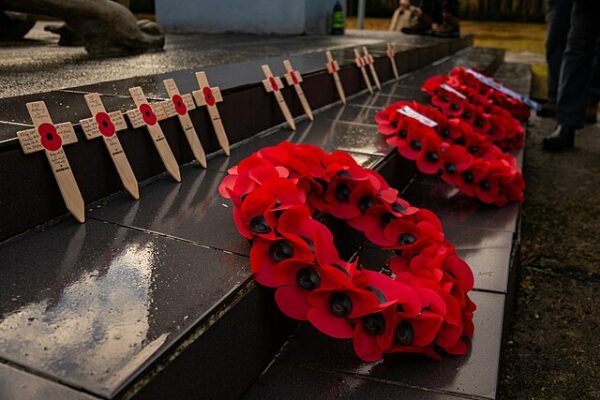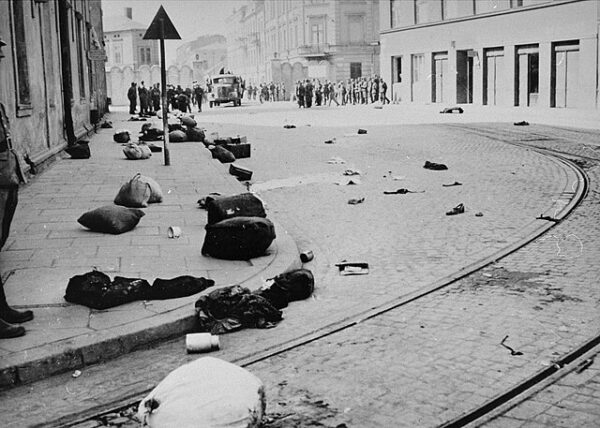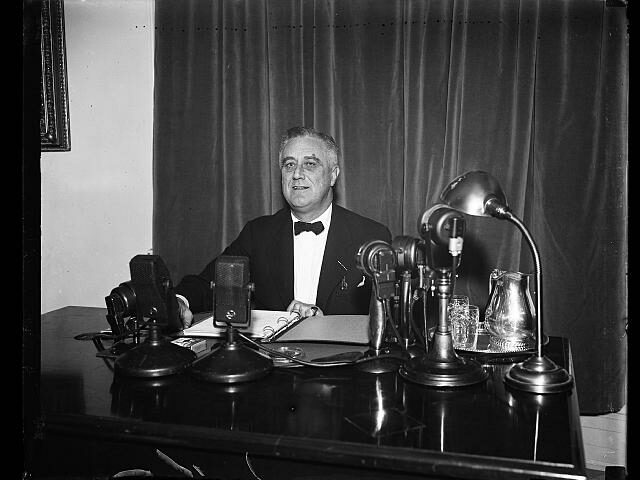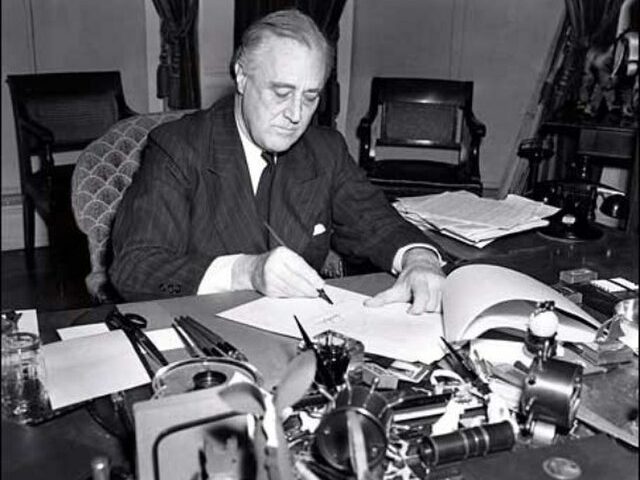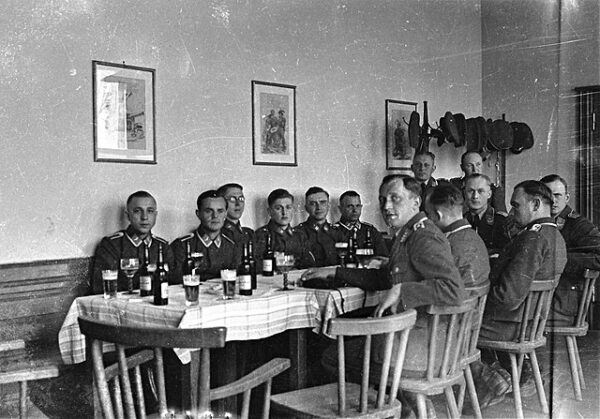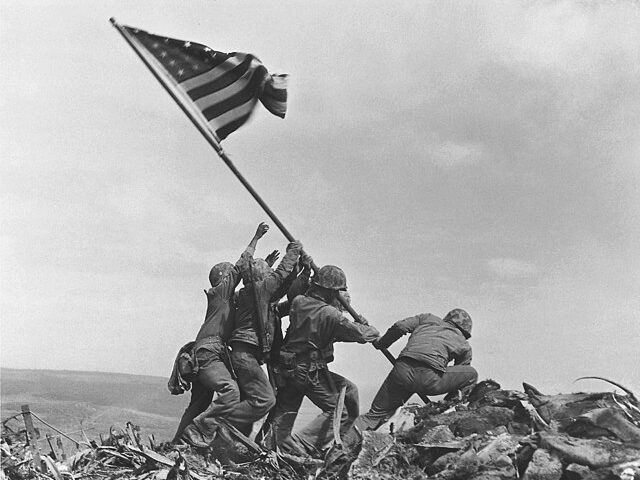On June 5, 1947, United States Secretary of State George C. Marshall delivered a speech at Harvard University that shaped the course of modern history. He proposed a comprehensive aid program to help Europe recover from the devastation of World War II. This address…
Read MoreOn May 31, 1859, the iconic clock tower now known as Big Ben began to keep time for the first time. Located at the north end of the Palace of Westminster in London, the tower has since become one of the most recognizable symbols…
Read MoreOn April 9, 1945, just weeks before Nazi Germany collapsed, Lutheran pastor and theologian Dietrich Bonhoeffer was executed at Flossenbürg concentration camp. Bonhoeffer was a courageous and outspoken critic of Adolf Hitler, whose deep Christian faith drove him to resist the regime. Ordered by…
Read MoreThe Battle of Iwo Jima, one of the bloodiest and most important confrontations of World War II, concluded on March 26, 1945, after 36 days of intense combat. As the sun dipped below the horizon, it marked the end of a grueling military engagement…
Read MoreIn the final months of World War II in Europe—when Nazi forces, though weakening, still held dangerous power—March 24, 1944, marked a bold act of resistance. On that night, seventy-six Allied prisoners escaped from Stalag Luft III, a German-run prisoner-of-war camp in Sagan, Lower…
Read MoreFollowing the attack on Poland in 1939, Nazi forces made Kraków the capital of the General Government, an occupied territory not initially annexed into the Third Reich. Soon after the invasion, persecution of the city’s Jewish residents began, marked by the compulsory wearing of…
Read MoreFranklin D. Roosevelt’s Fireside Chats were a series of radio broadcasts delivered by the 32nd President of the United States to the American people during the turbulent years of the Great Depression and World War II. FDR used this innovative form of communication to…
Read MoreThe Lend-Lease Act, enacted by the United States on March 11, 1941, marked a significant shift in the nation’s foreign policy leading up to its direct involvement in World War II. This landmark legislation was a pivotal step in providing military and economic assistance…
Read MoreOn February 26, 1935, Adolf Hitler made an ominous declaration: Germany would formally reconstitute the Luftwaffe. This was not merely an administrative decision—it was a brazen act of defiance against the Treaty of Versailles, a calculated move that signaled to the world that Germany…
Read MoreDuring World War II, the Battle of Iwo Jima became one of the most intense and strategically significant confrontations in the Pacific Theater. Located roughly 750 miles from Japan’s mainland, this small volcanic island was of great importance to the United States. Its airfields…
Read More

